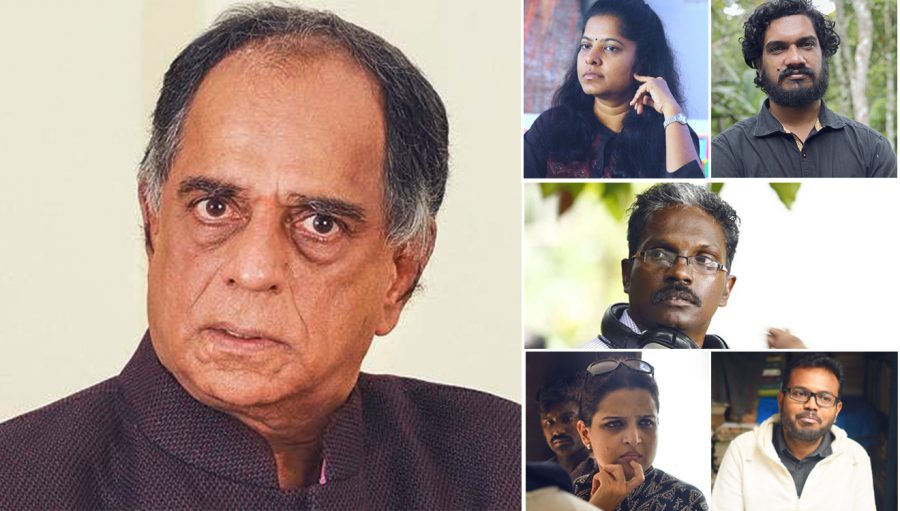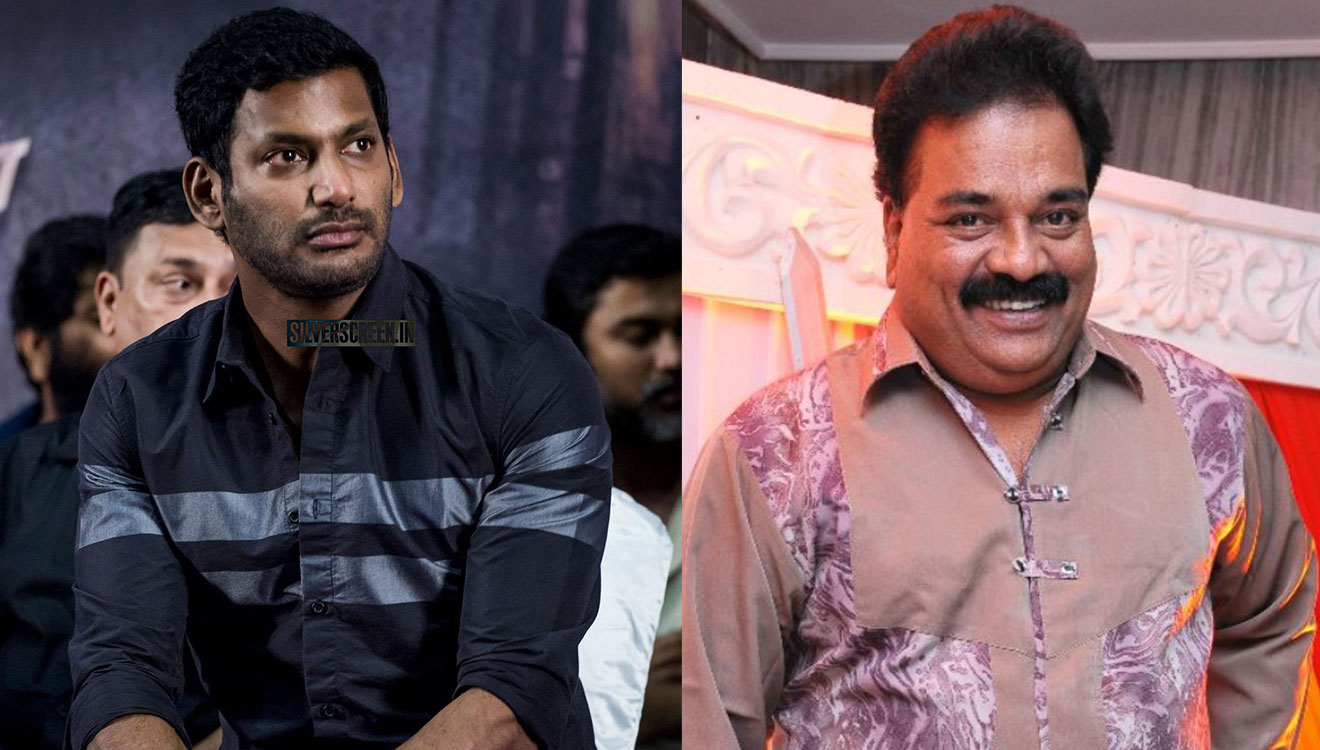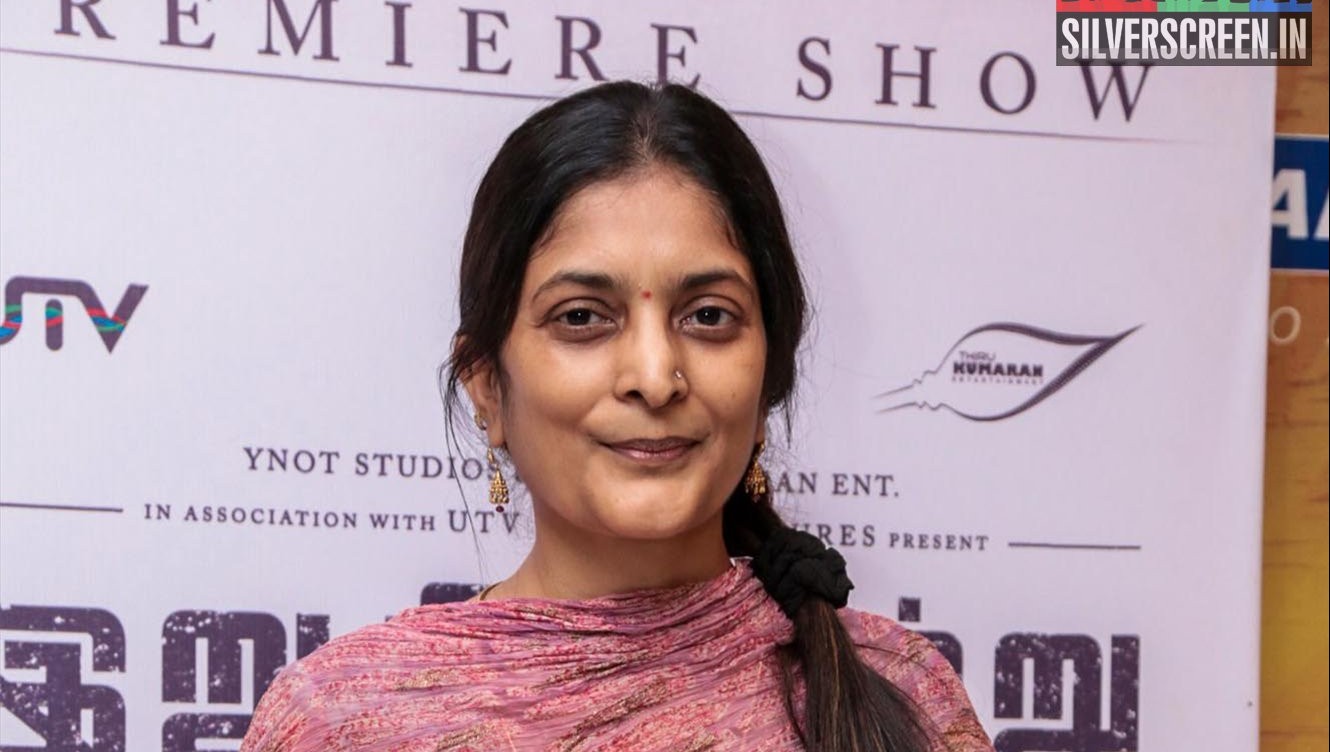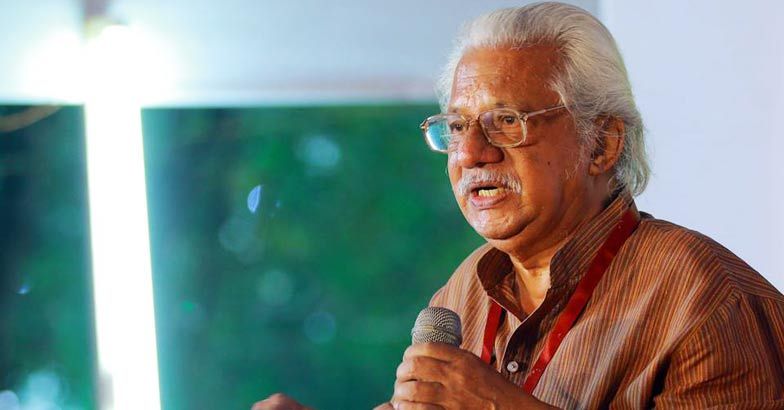CBFC Chief Pahlaj Nihalani warns filmmakers against screening films at festivals without a censor certificate. Acclaimed independent filmmakers reply.
A week ago, a small piece in the Hindustan Times written by well-known film critic Subhash K Jha, carried a statement that set off a storm. Pahlaj Nihalani, chairperson of the Central Board Of Film Certification (CBFC), was threatening strict measures against “filmmakers and producers who take their films abroad without permission or certification”.
Nihalani is, arguably, one of the most controversial Indian censor board officials ever. His regressive takes on cinema and censorship have made national headlines several times. But this particular statement was seen as so ludicrous, that some filmmakers wondered if he was actually joking. Others questioned his understanding of the Indian Constitution, and the role of the CBFC.
In the past, Indian films, including those which were denied a certificate by CBFC, could be freely screened at international festival circuits. Several such films have gone on to win prestigious awards.
In his latest stand, Nihalani doesn’t seem to be concerned with the glory and fame these films have brought to India and Indian cinema. He said, “Perhaps earlier no action was taken against producers and directors who zipped off to exotic locations for international film festivals without a censor [board] certification in pursuit of international fame for Indian cinema. Let me tell all filmmakers who do this: you can’t do this. You can’t take your film to festivals without censor certification.”
***
This open threat to indie filmmakers is surprising. While independent cinema and the CBFC have always been at loggerheads, it’s always been about ‘public morality’ in theatres. Festivals, it is understood, are that space of experimentation, where ‘Indian culture’ isn’t at stake.
In fact, in 2016 the CBFC and the Ministry Of Information and Broadcasting had ruled that filmmakers did not need a CBFC certificate to take part in the IFFI, for the first time in 47 years.
As reactions from acclaimed directors poured in, some wondered if Nihalani was actually joking.
“Nihalani seems to have lost his sense. He doesn’t know how international culture/cinema scene works,” says Leena Manimekalai, acclaimed filmmaker/poet.
This was echoed by Dr Biju, the director whose film, Saira, was screened at the Tous Les Cinemas du Monde (World Cinema) section of Cannes in 2007. He said, “International film festivals are the cultural and artistic space of cinema from all over the world. All the major film festivals don’t insist censorship for the films screening there. Pahlaj Nihalani’s statement that Indian films should take censor certificate for screening at film festivals outside India is interesting.
Either he is a joking or he may not have any knowledge about film festivals and its culture.”
In fact, director Alankrita Srivastava’s Lipstick Under My Burqa was denied a censor certificate in March 2017 on the grounds that it was too “lady oriented,” among other reasons. But it screened at the International Film Festival Of Los Angeles, and was selected as one of the official Hollywood Foreign Press Association Screening entries, making it eligible for a Golden Globes screening.
You’d think that kind of acclaim would give the CBFC pause.
In fact, filmmmaker Sanal Kumar Sasidharan said the threat showed just how dissociated Nihalani was from his actual duties: “This is absolute foolishness on his part. This proves that the Chairman has no idea about the Constitution of India and the duties of the Censor Board. He has no authority to say what film a filmmaker can make.
He is just an officer appointed to look at the film and decide which category it belongs to and which class of audience (in India) it can be exhibited to without restrictions.”
Sanal’s third directorial, Sexy Durga won the Havos Tiger Award at International Film Festival Of Rotterdam in February 2017.
“The CBFC is doing this nasty business of cutting and trimming under the wording ‘reasonable control on the freedom of expression’. Now, what he is hinting is that he wants to deter filmmakers from making films of their choice. When he says that he will take strict action against filmmakers and producers for making a film and screening it in festivals abroad, it amounts to intimidation. He has to make it clear – on what authority is he sending this threatening message and what kind of action is he going to take?
Who gave him the authority to speak about films which are not before the CBFC yet?
This is absolutely unconstitutional and clearly a misuse of his position under the constitution. This gives us an opportunity to question the understanding of the chairman of the CBFC has about the Indian constitution and the idea behind establishing the CBFC itself,” said Sanal.
***
Constituted under the Cinematography Act of 1952, the CBFC is a sanctioning body which certifies films for public exhibition. In 1991, the central government issued a number of guidelines, in accordance with the powers granted to it under the Act. The guidelines specify that artistic and creative freedom shouldn’t be curbed, and that certification stays tuned to social changes.
However, over the years, Nihalani and his team have resorted to aggressive deletion and alteration of the film’s content in the name of censorship.
So much so that this year, CBFC asked for cuts in Asghar Farhadi’s Oscar-winning Iranian drama, The Sales Man, when it was due to release in Indian theatres. It even cancelled the scheduled broadcast of the Oscar-winning movie The Danish Girl on Sony Pictures Network’s channel Sony Le PLEX HD on 26 March, saying it was controversial.
This attitude of the CBFC has had a far-reaching impact on Indian filmmakers, with some preferring to bypass the entire process.
Vijay Jaypal, whose debut film Revelations was the sole Tamil film to be screened at the Busan Film Festival in 2016, said he decided not to try for a theatrical release of Revelations because he didn’t want to go through the turmoil of going through the censor board. “I was pretty sure that my film would have been chopped a lot. I am happy that my film went straight to Netflix in its original version.”
Online platforms do not come under the purview of CBFC, as there are no provisions in the Cinematograph Act to certify content which is posted on the Internet, on YouTube or any other website. However, some streaming platforms insist on streaming only certified content, in order to stay away from potential legal hassles.
***
Recommended
Given the fact that film festivals across the world are important spaces for indie filmmakers for earning recognition and finding producers, CBFC’s attempt to rein in film festivals and online spaces will affect them the most. Acclaimed filmmaker Q had chucked a theatrical release for his last film, Brahman Naman, an adult comedy which was termed as the Wildest Sex Comedy at Sundance Film Festival in 2015, and released it straight on Netflix. The reason, partially was the fact that the film might not have passed the censor test, and also because finding distributors for indie films in India is a herculean task.
“These are tough times for filmmaking, especially independent filmmaking”, says Vijay Jaypal. “We are already battling with issues like lack of proper funding, distribution and exhibition model for independent/alternate films in our country. And now this.
He added, “Film festivals are very important for indie/alternate cinema and filmmakers’ creative freedom is sacrosanct. Already the ratio of our films making to big festivals is too small and measures like these will only have more adverse impact on our festival selections.
Filmmakers are a responsibility community and we don’t need moral policing from anybody to regulate us.”
Filmmaker and founder of Women Making Films, Vaishnavi Sundar sees Nihalani’s statement as part of a bigger plan. “They (CBFC and the Central Government) are systematically, tactically eliminating one medium after another, and plonking their own kind in that place.
International circuits no matter how prestigious they are, is not a distribution channel that’s profitable.
Producers will start pulling back slowly, not supporting directors who are showing any signs of rebellion. Once someone braves it and screens their film abroad, the chances of them getting a certificate in India will become impossible. Now, without a release in India, they can’t screen in theatres/ make any profit. I think it’s a pretty watertight plan,” she says.
Dr Biju remarks that the present statement from Pahlaj is nothing more than a fascist one. “He don’t have any rights to question or control the artistic freedom. We should oppose this fascist idiots who are trying to kill art with the name of patriotism,” he says.
Leena Manimekalai who attended the recently concluded Cannes Film Festival, doesn’t mince her words when talking about how adverse are the conditions in India for an indie filmmaker. “There is no film policy in this country,” she says. “The India Pavilion at Cannes (film festival) is an eyesore. A few crores have been allotted for NFDC and a few crores for the FICCI.
We filmmakers are going around other countries for grants and funds to make our movies. Every other country’s film agencies/institutions care about their cinema.
Our NFDC cares only about their paid holidays. Nihalani has to be brought down and CBFC has to be shut down. Or forget about the Indian indie industry. Don’t wonder why there are no Indian films at Cannes. IFFI is already a constipated bureaucratic affair. They didn’t allow FTII films to be screened at IFFI, And Payal (Kapadia) had to come to Cannes for recognition.
“It is high time the entire independent filmmaker community in India comes together and hits back at these institutions like the CBFC, NFDC and Film Division. They are sick institutions, corrupt from the bottom. They are benefiting only chamchas (of the government). They are rotting from within.”
Films like Chak De India, Saala Khadoos, Mary Kom, and Dangal showed how government associations place obstacles in the path of Indian athletes, instead of supporting them. With Indian filmmakers winning international awards in spite of, not because of bodies like the CBFC, it looks like a similar story. Except, this is one story the CBFC would probably want to censor.
*****



